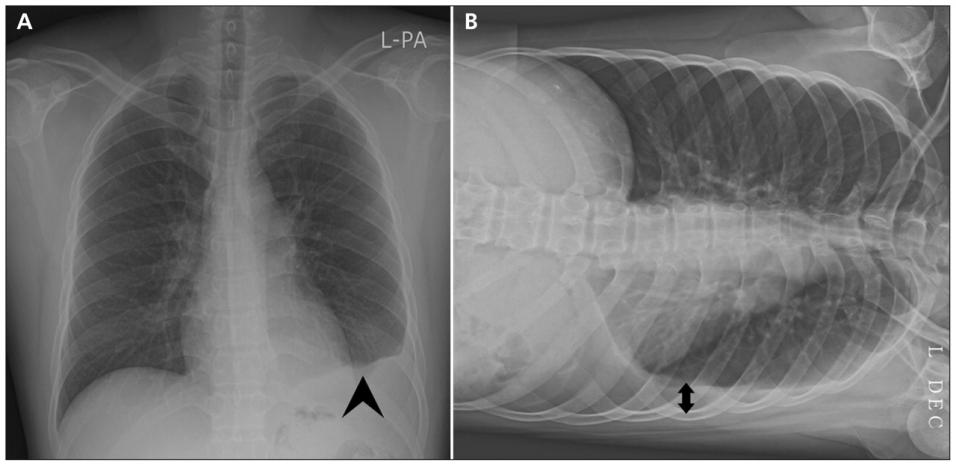Financial Assistance for Pleural Mesothelioma Patients: Navigating the Options
Pleural mesothelioma, a rare and aggressive form of cancer that affects the lining of the lungs, can be a devastating diagnosis for patients and their families. The financial burden of this disease can be overwhelming, as the cost of treatment can be substantial and can quickly deplete a family's savings. However, there are various forms of financial assistance available to help pleural mesothelioma patients and their families cope with the financial challenges of this disease.

Government Programs
- Medicare and Medicaid: These government-sponsored health insurance programs may cover a portion of the costs associated with pleural mesothelioma treatment. Medicare is available to individuals aged 65 and older, as well as those with certain disabilities, while Medicaid is available to low-income individuals and families.
- Social Security Disability Insurance (SSDI): This program provides monthly benefits to individuals who are unable to work due to a disability, including pleural mesothelioma. To qualify for SSDI, individuals must have worked long enough and paid Social Security taxes.
- Supplemental Security Income (SSI): This program provides monthly benefits to individuals with limited income and resources, including those with pleural mesothelioma. To qualify for SSI, individuals must meet certain income and asset limits.
Veteran's Benefits
- VA Health Care: Veterans who have been diagnosed with pleural mesothelioma may be eligible for free or low-cost health care through the Department of Veterans Affairs (VA). This includes coverage for treatment, medications, and other medical expenses.
- VA Disability Benefits: Veterans with pleural mesothelioma may also be eligible for monthly disability benefits from the VA. The amount of benefits depends on the severity of the disability and the veteran's military service record.
Mesothelioma-Specific Financial Assistance Programs
- Mesothelioma Applied Research Foundation (MARF): MARF provides financial assistance to pleural mesothelioma patients who are struggling to cover the costs of treatment and other expenses. The foundation offers grants of up to $10,000 to eligible patients.
- American Cancer Society: The American Cancer Society offers a variety of financial assistance programs to cancer patients, including pleural mesothelioma patients. These programs can help with the costs of treatment, transportation, and other expenses.
- Mesothelioma Support Groups: Many mesothelioma support groups offer financial assistance to their members. These groups may provide grants, loans, or other forms of financial support to help patients cope with the financial burden of their disease.
Fundraising And Crowdfunding
- Online Fundraising Platforms: There are a number of online fundraising platforms that allow pleural mesothelioma patients to raise money from friends, family, and the general public. These platforms make it easy to create a fundraising page and share it with others.
- Crowdfunding Campaigns: Crowdfunding campaigns are another way for pleural mesothelioma patients to raise money. These campaigns allow individuals to donate directly to a patient's cause.
Legal Options
- Asbestos Lawsuits: If a pleural mesothelioma patient was exposed to asbestos through their work or other activities, they may be eligible to file a lawsuit against the companies responsible for their exposure. These lawsuits can result in substantial financial compensation that can help cover the costs of treatment and other expenses.
- Workers' Compensation: Pleural mesothelioma patients who developed the disease as a result of occupational exposure to asbestos may be eligible for workers' compensation benefits. These benefits can include coverage for medical expenses, lost wages, and other expenses.
The financial burden of pleural mesothelioma can be overwhelming, but there are various forms of financial assistance available to help patients and their families cope with the costs of this disease. By exploring all available options, patients can access the financial resources they need to focus on their treatment and recovery.
YesNo

Leave a Reply